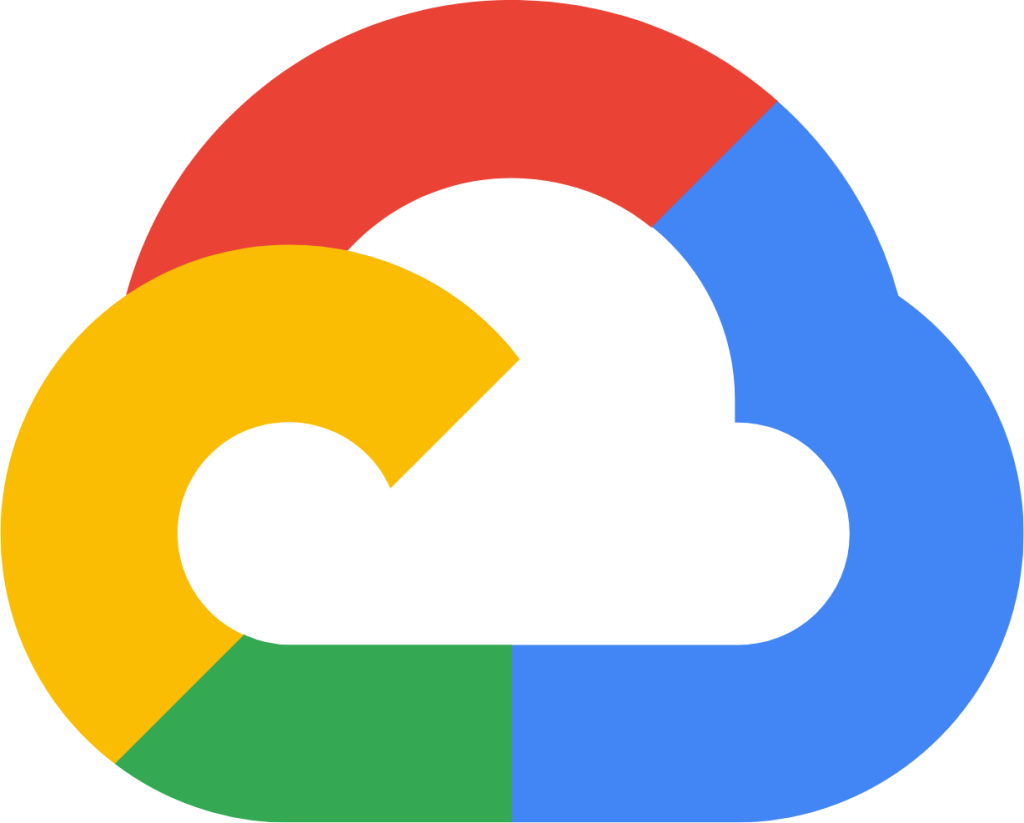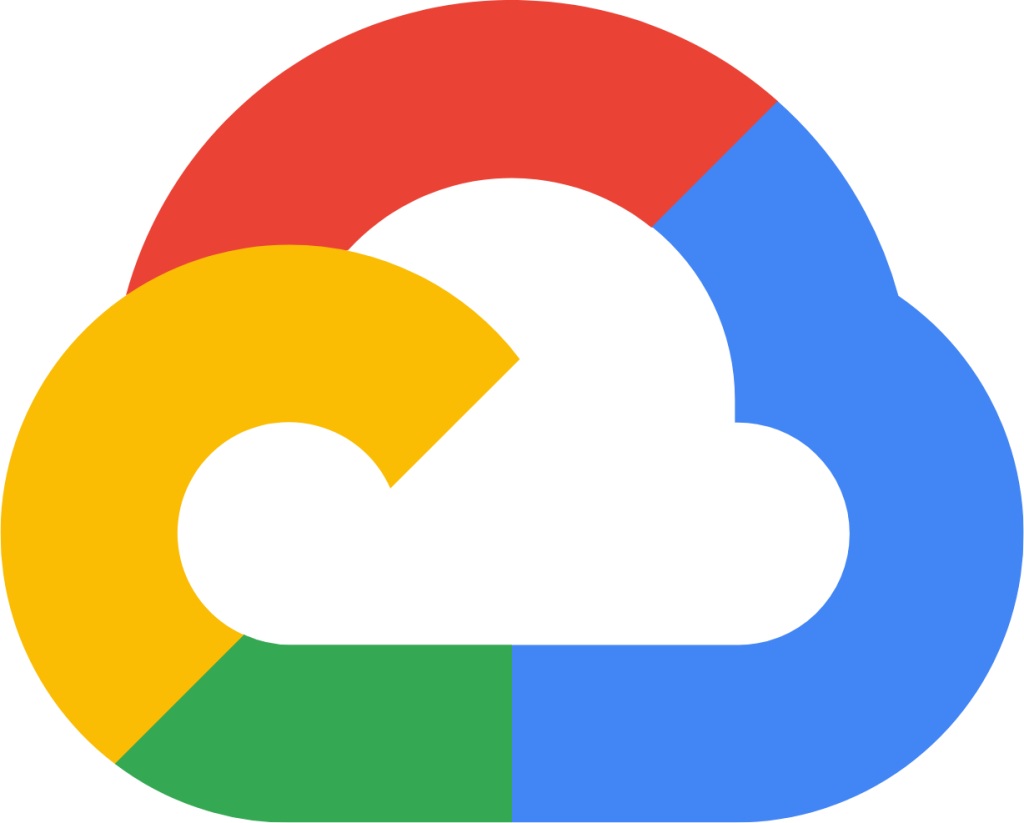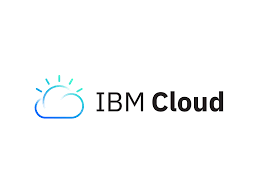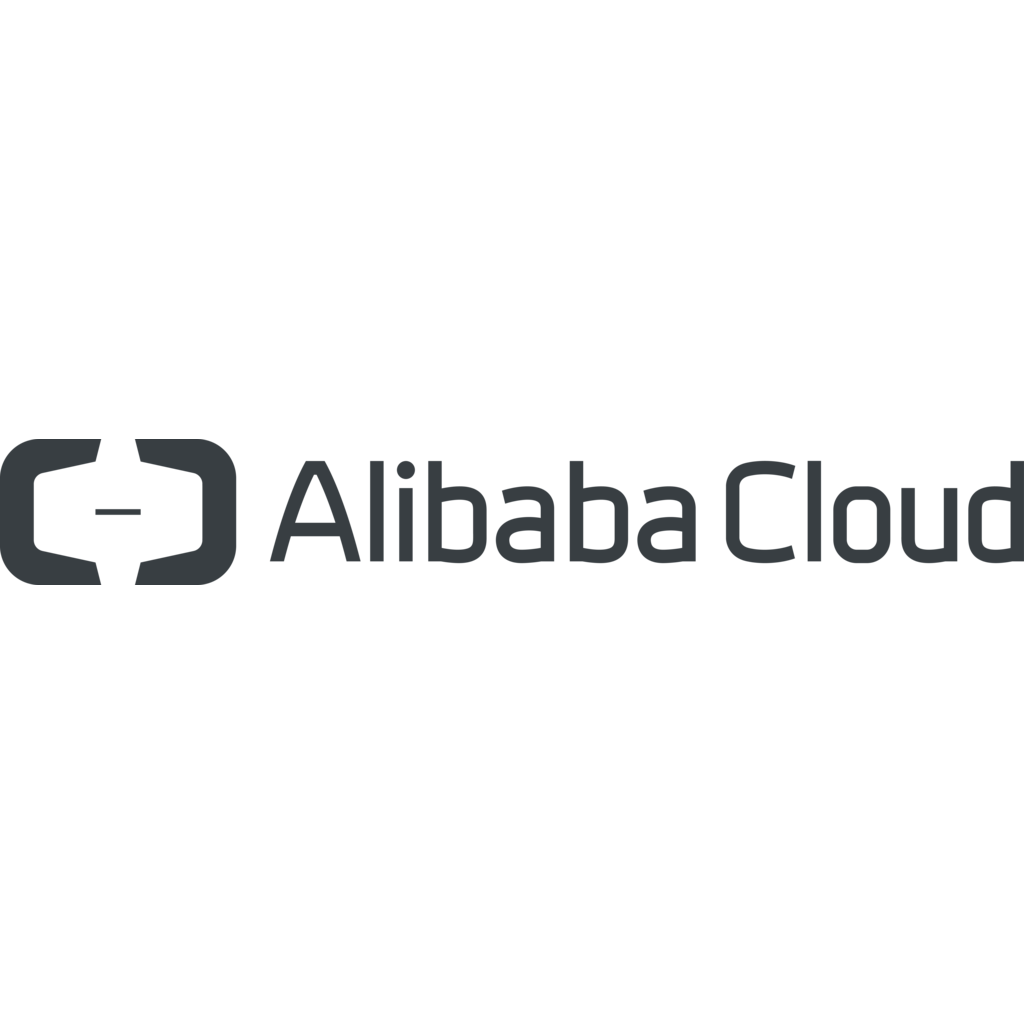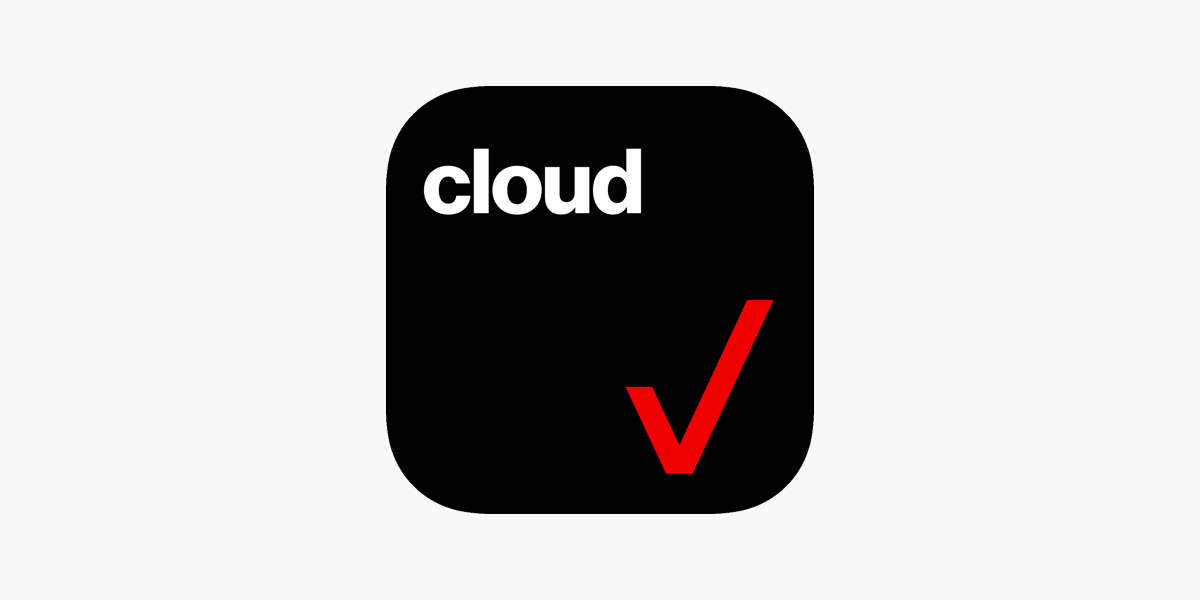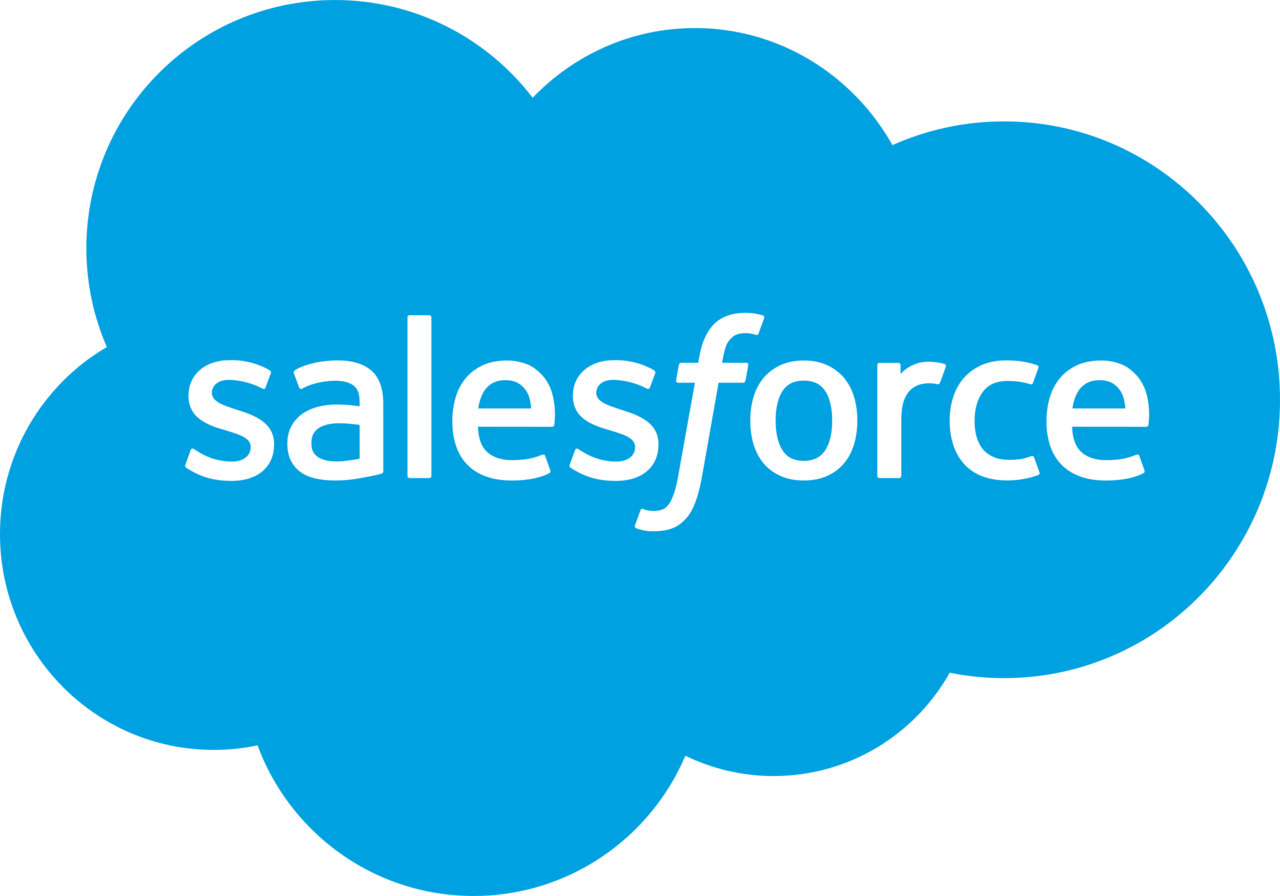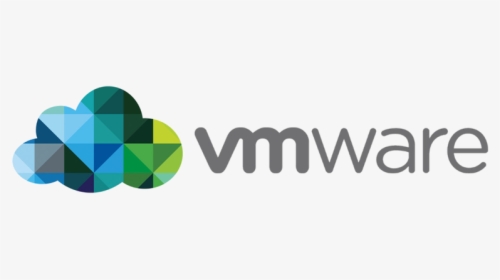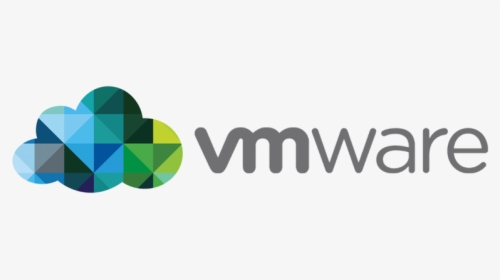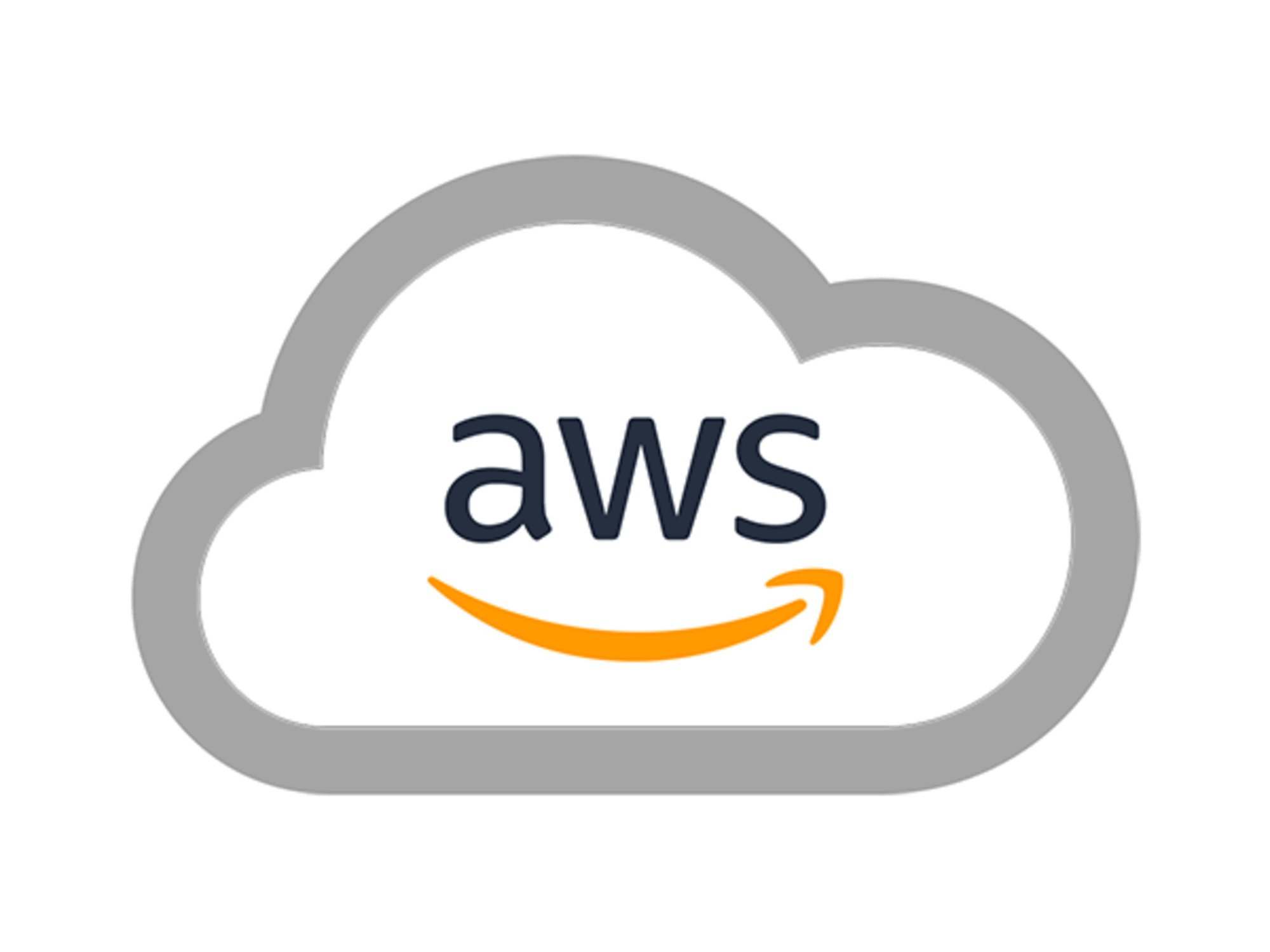By: Waqas Bin Khursheed
Tik Tok: @itechblogging
Instagram: @itechblogging
Quora: https://itechbloggingcom.quora.com/
Tumblr: https://www.tumblr.com/blog/itechblogging
Medium: https://medium.com/@itechblogging.com
Email: itechblo@itechblogging.com
Linkedin: www.linkedin.com/in/waqas-khurshid-44026bb5
Blogger: https://waqasbinkhursheed.blogspot.com/
Read more articles: https://itechblogging.com
**Introduction to Google Cloud Platform (GCP)**
Google Cloud Platform (GCP) offers robust cloud computing services, empowering businesses to innovate and scale effortlessly.
Read more articles about GCP
**Understanding GCP Infrastructure**
GCP infrastructure comprises various services like compute, storage, and networking for seamless cloud operations.
**Why Choose Google Cloud Platform?**
Google Cloud Platform stands out due to its advanced features, security, and global network infrastructure for unparalleled performance.
**Key Features of GCP**
GCP boasts features like BigQuery for data analytics, Compute Engine for scalable computing power, and Kubernetes Engine for containerized applications.
Read GCP Pricing Calculator | Unlocking the Secrets
**Exploring GCP Services**
Google Cloud Platform provides a wide array of services including AI and machine learning, storage solutions, and identity management.
**Getting Started with GCP Training**
Embark on your GCP training journey by understanding fundamental concepts, resources, and certification paths.
**FAQs on Google Cloud Platform Training**
-
What is Google Cloud Platform training, and why is it important?
Google Cloud Platform (GCP) training refers to educational programs, courses, and resources provided by Google to help individuals and organizations learn how to effectively use GCP services and products. GCP is a suite of cloud computing services offered by Google that provides computing resources, storage, data analytics, machine learning, and other functionalities over the internet.
Learn What is GCP | A Comprehensive Guide to Google Cloud Platform
The importance of Google Cloud Platform training lies in several factors:
- **Skill Development**: GCP training helps individuals develop the skills and knowledge necessary to leverage cloud computing effectively. This includes understanding GCP services, architecture, deployment, and management.
- **Stay Competitive**: With the increasing adoption of cloud technologies, having GCP skills can make individuals more competitive in the job market. Many businesses are migrating their operations to the cloud, creating a demand for professionals with expertise in GCP.
- **Cost Optimization**: Proper training in GCP enables businesses to optimize their cloud usage, leading to cost savings. Understanding how to efficiently utilize GCP services can help organizations make informed decisions about resource allocation and scaling.
- **Innovation**: GCP offers a wide range of advanced services such as machine learning, big data analytics, and Internet of Things (IoT). Training in GCP empowers individuals and organizations to innovate and build cutting-edge solutions using these technologies.
- **Reliability and Security**: GCP training teaches best practices for ensuring reliability, security, and compliance in cloud environments. This knowledge is essential for maintaining the integrity and confidentiality of data stored and processed in the cloud.
Overall, Google Cloud Platform training is important for both individuals and businesses looking to harness the power of cloud computing to drive innovation, improve efficiency, and stay competitive in today's digital landscape.
-
How can GCP training benefit my career or business?
Google Cloud Platform (GCP) training can benefit your career or business in several ways:
- **Enhanced Career Opportunities**: Acquiring GCP skills can open up a wide range of career opportunities in the rapidly growing field of cloud computing. Many companies are actively seeking professionals with expertise in GCP to help them manage and optimize their cloud infrastructure.
- **Increased Earning Potential**: GCP-certified professionals often command higher salaries compared to their non-certified counterparts. By obtaining GCP certification through training, you can potentially increase your earning potential and negotiate better compensation packages.
- **Job Security**: As businesses increasingly migrate their operations to the cloud, the demand for skilled GCP professionals continues to rise. Investing in GCP training can enhance your job security by making you an indispensable asset to your organization or attractive to prospective employers.
- **Opportunities for Career Growth**: GCP training provides you with the knowledge and skills necessary to take on more challenging roles and responsibilities within your organization. Whether you're looking to advance to a higher position or transition into a different area of cloud computing, GCP training can help you achieve your career goals.
- **Business Innovation and Efficiency**: For businesses, GCP training empowers employees to leverage cloud technologies to drive innovation and improve operational efficiency. By equipping your team with GCP skills, you can accelerate digital transformation initiatives, streamline processes, and stay ahead of the competition.
- **Cost Savings and Optimization**: GCP training teaches best practices for optimizing cloud resources, which can result in cost savings for your business. By understanding how to effectively utilize GCP services and manage infrastructure, you can minimize unnecessary spending and maximize return on investment.
- **Improved Security and Compliance**: GCP training covers essential topics related to cloud security and compliance, helping your business mitigate risks and ensure data protection. By implementing robust security measures and adhering to regulatory requirements, you can build trust with customers and safeguard sensitive information.
Overall, GCP training offers numerous benefits for both individuals and businesses, including career advancement, increased productivity, and enhanced competitiveness in today's digital economy. Whether you're looking to advance your career or drive business growth, investing in GCP training can yield significant returns in the long run.
-
What are the prerequisites for GCP training?
The prerequisites for Google Cloud Platform (GCP) training can vary depending on the specific course or certification you're interested in. However, in general, there are a few common prerequisites that may be required or recommended:
- **Basic Cloud Computing Knowledge**: It's helpful to have a basic understanding of cloud computing concepts, such as virtualization, networking, storage, and security. Familiarity with other cloud platforms like AWS or Azure can also be beneficial.
- **Familiarity with Linux Command Line**: Many GCP services are managed through the command line interface (CLI) or by using Linux-based tools. Having some experience with the Linux command line can be advantageous for navigating GCP environments and performing administrative tasks.
- **Programming Skills**: Some GCP services, particularly those related to data analytics, machine learning, and automation, may require programming skills. Proficiency in languages like Python, Java, or JavaScript can be helpful for working with GCP APIs and developing custom solutions.
- **Networking Fundamentals**: Understanding networking fundamentals, such as TCP/IP, DNS, firewalls, and routing, can be beneficial for configuring and troubleshooting GCP networking services like Virtual Private Cloud (VPC) and Cloud Load Balancing.
- **Database Concepts**: Knowledge of database concepts, including relational databases, NoSQL databases, data modeling, and SQL queries, may be required for certain GCP courses or certifications focused on data management and analytics.
- **System Administration Skills**: For courses related to GCP infrastructure and operations, having experience with system administration tasks like managing servers, configuring storage, and implementing security measures can be advantageous.
- **Resource Management and Billing Awareness**: Understanding how to manage cloud resources efficiently and monitor usage to control costs is essential for working with GCP. Familiarity with billing concepts and cost optimization strategies can help you make informed decisions when using GCP services.
While these are some common prerequisites for GCP training, it's essential to review the specific requirements outlined by the training provider or certification program you're interested in. Additionally, GCP offers a variety of training resources tailored to different skill levels, so even if you're new to cloud computing, there are introductory courses available to help you get started.
-
Are there any free resources available for learning GCP?
Yes, there are several free resources available for learning Google Cloud Platform (GCP). Here are some of them:
- **Google Cloud Free Tier**: Google offers a generous free tier that allows users to explore and experiment with many of its cloud services at no cost. This includes free usage limits for various products, such as Google Compute Engine, Google Kubernetes Engine, Google Cloud Storage, and more. You can sign up for the free tier and start using GCP services without worrying about being charged.
Learn more Navigating the GCP Console | A Comprehensive Guide
- **Google Cloud Documentation**: The official Google Cloud documentation provides comprehensive guides, tutorials, and reference materials for learning about GCP services and how to use them. It covers topics ranging from getting started with GCP to advanced configuration and troubleshooting. The documentation is freely accessible online and is a valuable resource for self-paced learning.
- **Google Cloud Training Qwiklabs**: Qwiklabs offers a wide range of hands-on labs and quests for learning GCP in a practical, interactive manner. While some labs may require payment, there are many free introductory labs available, covering topics like GCP fundamentals, cloud storage, networking, and data analysis. You can access these labs through the Qwiklabs platform.
- **Coursera and Pluralsight**: Both Coursera and Pluralsight offer free courses and learning paths for GCP. These courses are taught by industry experts and cover various topics, from GCP fundamentals to specialized skills like machine learning and data engineering. While some courses may require payment for certification or advanced features, many introductory courses are available for free.
- **YouTube Tutorials and Webinars**: There are numerous YouTube channels and webinars hosted by Google Cloud experts and community members that provide tutorials, tips, and best practices for using GCP. These resources cover a wide range of topics and skill levels, making them accessible to beginners and experienced users alike.
- **Community Forums and Support**: Google Cloud has active community forums where users can ask questions, share knowledge, and engage with other GCP enthusiasts. Participating in these forums can be a valuable way to learn from others' experiences, troubleshoot issues, and stay updated on the latest developments in the GCP ecosystem.
These are just a few examples of the many free resources available for learning Google Cloud Platform. Whether you prefer self-paced online tutorials, interactive labs, or community-based learning, there are plenty of options to help you get started with GCP at no cost.
-
What are the certification options within Google Cloud Platform?
Within Google Cloud Platform (GCP), there are several certification options available for individuals looking to validate their expertise and proficiency in using GCP services. As of my last update, the following are the main certification paths offered by Google Cloud:
- **Associate Cloud Engineer**: This certification is designed for individuals who are responsible for deploying, monitoring, and maintaining projects on GCP. It validates the ability to use GCP services such as Compute Engine, Kubernetes Engine, App Engine, and Cloud Functions to build and manage cloud solutions.
- **Professional Cloud Architect**: The Professional Cloud Architect certification is intended for individuals who design and implement scalable, secure, and reliable cloud solutions on GCP. It assesses skills in architecting cloud-native applications, designing data storage solutions, and managing GCP infrastructure.
- **Professional Data Engineer**: This certification is targeted at individuals who design and build data processing systems and analytics solutions on GCP. It covers topics such as data ingestion, transformation, storage, processing, and visualization using GCP data services like BigQuery, Dataflow, Dataproc, and more.
- **Professional Machine Learning Engineer**: The Professional Machine Learning Engineer certification is for individuals who develop and deploy machine learning models on GCP. It evaluates skills in building scalable, end-to-end ML pipelines, implementing ML algorithms, and optimizing model performance using GCP AI and ML services.
- **Professional DevOps Engineer**: This certification is aimed at individuals who specialize in implementing CI/CD pipelines, monitoring, and managing infrastructure and application deployments on GCP. It covers topics such as automation, configuration management, containerization, and cloud monitoring using GCP tools and services.
- **Professional Security Engineer**: The Professional Security Engineer certification focuses on assessing and managing security risks, implementing security controls, and ensuring compliance on GCP. It covers topics such as identity and access management (IAM), network security, data protection, and security operations.
- **Professional Collaboration Engineer**: This certification is for individuals who design, implement, and manage G Suite and Google Workspace solutions for enterprise collaboration and productivity. It evaluates skills in configuring and optimizing Google Workspace services, managing user access, and ensuring data security and compliance.
These certification options cater to various roles and skill sets within the cloud computing domain, ranging from cloud engineering and architecture to data analytics, machine learning, security, and collaboration. Pursuing GCP certifications can help individuals demonstrate their expertise to employers, advance their careers, and stay competitive in the rapidly evolving cloud industry.
-
How can I prepare effectively for GCP certification exams?
Preparing effectively for Google Cloud Platform (GCP) certification exams requires a combination of study, hands-on practice, and strategic preparation. Here are some tips to help you prepare effectively:
- **Understand the Exam Blueprint**: Start by reviewing the exam guide or blueprint provided by Google for the certification you're targeting. This document outlines the topics covered in the exam and the skills and knowledge required to pass. Use it as a roadmap for your study plan.
- **Take Training Courses**: Consider enrolling in official GCP training courses offered by Google Cloud or authorized training partners. These courses cover exam topics in-depth and often include hands-on labs and exercises to reinforce learning. Alternatively, you can explore free or paid online courses available on platforms like Coursera, Pluralsight, or Udemy.
- **Hands-On Practice**: Hands-on experience is crucial for understanding GCP services and gaining confidence in using them. Take advantage of free GCP credits offered through programs like Google Cloud Free Tier or Qwiklabs to experiment with different services, build projects, and reinforce concepts learned in training courses.
- **Review Documentation and Whitepapers**: Supplement your training with the official Google Cloud documentation, technical guides, and whitepapers. These resources provide detailed information about GCP services, best practices, and real-world use cases. Make sure to familiarize yourself with the documentation for services covered in the exam.
Read more about What is GCP SDK? | Unlocking the Power of Cloud with GCP SDK | A Comprehensive Guide
- **Practice Exams and Sample Questions**: Practice exams and sample questions can help you assess your knowledge and identify areas where you need more study. Look for official practice exams provided by Google or reputable third-party sources. Additionally, join study groups or forums where you can discuss questions and concepts with other exam candidates.
- **Create a Study Plan**: Develop a study plan that outlines your study goals, timelines, and resources. Break down the exam topics into manageable sections and allocate time each day or week for studying. Be consistent and disciplined in following your study plan to stay on track and cover all the necessary material before the exam.
- **Review and Reinforce Weak Areas**: As you study, pay attention to areas where you feel less confident and dedicate extra time to review and reinforce those topics. Use a variety of learning resources, such as videos, tutorials, and hands-on labs, to deepen your understanding and mastery of difficult concepts.
- **Simulate Exam Conditions**: When you feel prepared, simulate exam conditions by taking practice exams under timed conditions. This will help you familiarize yourself with the exam format, pacing, and pressure of completing questions within the allotted time. Review your performance afterward to identify areas for improvement.
- **Stay Calm and Confident**: Finally, on the day of the exam, stay calm and confident. Get plenty of rest the night before, arrive early at the testing center or set up your exam environment at home, and approach each question with a clear mind. Trust in your preparation and give your best effort during the exam.
By following these tips and putting in dedicated effort, you can effectively prepare for GCP certification exams and increase your chances of success. Remember to focus on understanding key concepts, practicing hands-on with GCP services, and staying disciplined in your study routine.
-
What are the job opportunities after completing GCP training?
Completing Google Cloud Platform (GCP) training opens up a wide range of job opportunities across various industries and roles within the cloud computing domain. Some of the job roles you may pursue after completing GCP training include:
- **Cloud Engineer**: As a Cloud Engineer, you'll be responsible for designing, implementing, and managing cloud infrastructure and services on platforms like GCP. Your duties may include deploying and optimizing cloud solutions, automating processes, and ensuring reliability and scalability.
- **Cloud Architect**: Cloud Architects design and oversee the implementation of cloud solutions that align with business requirements and best practices. They develop cloud architecture blueprints, define technical requirements, and provide guidance on selecting appropriate cloud services and technologies.
- **Data Engineer**: Data Engineers specialize in designing and building data processing systems and analytics solutions on cloud platforms like GCP. They develop data pipelines, integrate data from various sources, and optimize data storage, processing, and analysis using GCP data services.
- **Machine Learning Engineer**: Machine Learning Engineers develop and deploy machine learning models and algorithms on GCP to solve complex business problems. They work with data scientists and software engineers to build scalable, end-to-end ML pipelines and deploy models into production environments.
- **DevOps Engineer**: DevOps Engineers focus on automating and streamlining the development, deployment, and operations of cloud-based applications and infrastructure. They leverage GCP services and tools to implement CI/CD pipelines, manage configuration, and monitor application performance and availability.
- **Security Engineer**: Security Engineers specialize in implementing and managing security controls, policies, and procedures to protect cloud environments and data on platforms like GCP. They design and enforce security best practices, conduct risk assessments, and respond to security incidents.
- **Data Scientist**: Data Scientists analyze large datasets to extract valuable insights and inform business decision-making. They use GCP's data analytics and machine learning services to build predictive models, perform statistical analysis, and visualize data to uncover trends and patterns.
- **Solution Architect**: Solution Architects work with clients to understand their business requirements and design custom cloud solutions using GCP services. They develop technical proposals, create architecture diagrams, and collaborate with cross-functional teams to deliver successful cloud projects.
These are just a few examples of the job opportunities available after completing GCP training. With the increasing adoption of cloud technologies, demand for skilled GCP professionals continues to grow across industries such as technology, finance, healthcare, retail, and more. Whether you're interested in infrastructure management, data analytics, machine learning, or security, GCP training can help you build a rewarding career in the cloud computing industry.
-
Is it necessary to have prior experience with cloud platforms for GCP training?
Prior experience with cloud platforms is not necessarily required for Google Cloud Platform (GCP) training, but it can be beneficial. GCP training programs are designed to accommodate individuals with varying levels of experience, including beginners. However, having some familiarity with cloud concepts and technologies can help you grasp the material more quickly and effectively.
If you're completely new to cloud computing, you may want to start with introductory materials or beginner-level courses to build a foundational understanding of key concepts like virtualization, scalability, and elasticity. Many GCP training resources include beginner-friendly content to help newcomers get started.
That said, GCP training typically covers a wide range of topics, from basic cloud computing principles to advanced services and solutions offered by Google Cloud. As you progress through the training, you'll gain hands-on experience with GCP tools and services, regardless of your prior experience level.
Overall, while prior experience with cloud platforms can be helpful, it's not a strict requirement for GCP training. With dedication and effort, individuals from various backgrounds can successfully learn and master Google Cloud technologies.
-
What are the typical duration and cost of GCP training courses?
The duration and cost of Google Cloud Platform (GCP) training courses can vary depending on factors such as the specific course content, format (online, in-person, self-paced), and the provider offering the training. Here's a general overview:
- **Duration**: GCP training courses can range from a few hours to several weeks or even months, depending on the depth and breadth of the material covered. Some courses are designed to be completed in a short period, while others may be part of more comprehensive certification programs that require longer-term commitment.
- **Cost**: The cost of GCP training courses also varies widely. Some basic introductory courses or tutorials may be available for free, while more advanced or specialized courses typically incur fees. The cost can range from a few hundred dollars for individual courses to several thousand dollars for comprehensive certification programs.
It's essential to research different training providers and offerings to find the option that best fits your budget, schedule, and learning objectives. Additionally, keep in mind that there may be additional costs associated with certification exams if you choose to pursue GCP certifications after completing the training.
-
Can I access GCP training materials remotely?
Yes, you can access Google Cloud Platform (GCP) training materials remotely. Google offers a variety of online resources, including self-paced courses, interactive labs, tutorials, documentation, and videos, that you can access from anywhere with an internet connection. These materials cover a wide range of topics related to GCP services, solutions, and best practices.
Additionally, many third-party training providers offer remote GCP training programs, including live online classes, webinars, and virtual instructor-led training sessions. These options allow you to participate in structured training sessions, interact with instructors and classmates, and gain hands-on experience with GCP technologies—all from the comfort of your own location.
Whether you're looking to learn at your own pace through self-study materials or prefer live online instruction, there are plenty of remote options available for accessing GCP training materials and advancing your cloud computing skills.
-
Are there any hands-on labs or practical exercises included in GCP training?
Yes, hands-on labs and practical exercises are common components of Google Cloud Platform (GCP) training. These interactive activities provide learners with the opportunity to apply theoretical concepts in a real-world context, gain practical experience with GCP services and tools, and develop valuable skills through guided exercises.
GCP training programs often include access to cloud-based environments where learners can complete hands-on labs and exercises using actual GCP services. These labs may cover a wide range of topics, such as deploying virtual machines, configuring networking, setting up storage solutions, working with containers, implementing machine learning models, and more.
Additionally, many GCP training courses offer practical exercises and projects that challenge learners to solve real-world problems or complete specific tasks using GCP services. These exercises help reinforce learning, build confidence, and prepare learners for applying their skills in professional settings.
Overall, hands-on labs and practical exercises play a crucial role in GCP training by providing learners with opportunities to gain practical experience and develop the skills needed to effectively use Google Cloud Platform in real-world scenarios.
-
How does GCP training compare to other cloud platforms like AWS and Azure?
Google Cloud Platform (GCP) training, like training for other major cloud platforms such as Amazon Web Services (AWS) and Microsoft Azure, offers a comprehensive learning experience aimed at helping individuals understand and utilize cloud computing services effectively. Here's how GCP training compares to training for AWS and Azure:
- **Content and Focus**: GCP training focuses on Google Cloud Platform services, solutions, and best practices. It covers topics such as compute, storage, networking, databases, machine learning, big data, and more. Similarly, AWS training focuses on the wide range of services offered by Amazon Web Services, while Azure training covers Microsoft's cloud services portfolio.
- **Certifications**: All three cloud platforms offer certification programs to validate individuals' cloud skills and expertise. GCP certifications include Associate and Professional levels, with specialized tracks like data engineering, machine learning, and cloud architecture. AWS and Azure also offer a variety of certifications across different levels and specialties.
- **Training Formats**: Training for all three cloud platforms is available in various formats, including self-paced online courses, instructor-led classes (both in-person and virtual), hands-on labs, workshops, webinars, and documentation. Each platform provides options tailored to different learning preferences and schedules.
- **Community and Support**: GCP, AWS, and Azure all have vibrant communities of users, developers, and experts who contribute to forums, discussion groups, and online communities. Each platform also offers support resources such as documentation, forums, support tickets, and dedicated customer support channels.
- **Integration with Other Services**: GCP training may highlight integration with other Google services and technologies, such as TensorFlow for machine learning or Kubernetes for container orchestration. Similarly, AWS and Azure training often emphasizes integration with their respective ecosystems of tools, frameworks, and services.
- **Global Reach**: All three cloud platforms have a global presence with data centers and regions worldwide. Training materials and certifications are designed to cater to a global audience, although there may be regional differences in availability and support.
Ultimately, the choice between GCP, AWS, and Azure training depends on factors such as your career goals, the specific cloud technologies used by your organization or industry, and your personal preferences regarding learning style and platform familiarity. All three platforms offer robust training programs designed to equip individuals with the skills and knowledge needed to succeed in cloud computing roles.
-
What support options are available during GCP training?
During Google Cloud Platform (GCP) training, several support options are typically available to assist learners:
- **Documentation**: Google Cloud provides comprehensive documentation covering all aspects of GCP services and features. Learners can refer to official documentation to find answers to questions, troubleshoot issues, and learn about best practices.
- **Online Forums and Communities**: GCP users and developers participate in online forums and communities where they can ask questions, share knowledge, and seek assistance from peers and experts. Platforms like Stack Overflow, Reddit, and Google Cloud Community provide spaces for discussion and support.
- **Support Tickets**: Some GCP training programs may offer support ticket systems or help desks where learners can submit inquiries or report technical issues. Support teams typically respond to tickets within a specified timeframe and provide assistance as needed.
- **Live Chat and Online Assistance**: In certain cases, live chat support or online assistance may be available to learners during GCP training. This option allows learners to connect with support representatives in real-time to get immediate help with questions or problems.
- **Instructor Support**: For instructor-led training programs, learners may have access to dedicated instructors or teaching assistants who can provide guidance, answer questions, and offer support throughout the training course.
- **Community Events and Workshops**: GCP often hosts community events, workshops, and webinars where learners can interact with Google Cloud experts, ask questions, and learn from real-world use cases and experiences.
Overall, these support options are designed to ensure that learners have access to assistance and guidance as they progress through their GCP training journey. By leveraging these resources, learners can overcome challenges, deepen their understanding of GCP concepts, and achieve their learning objectives effectively.
-
How can I stay updated with the latest developments in GCP?
Staying updated with the latest developments in Google Cloud Platform (GCP) involves actively engaging with various resources and channels to access news, announcements, updates, and community discussions. Here are some effective strategies to stay informed:
Read more What is GCP Storage?
- **Official Google Cloud Blogs and Announcements**: Subscribe to the official Google Cloud blogs and announcements channels. Google frequently publishes updates, product releases, case studies, and best practices on its blogs, providing valuable insights into new features and enhancements.
- **Google Cloud Twitter and Social Media**: Follow Google Cloud's official Twitter account and other social media channels. These platforms often share real-time updates, news, event announcements, and community discussions related to GCP.
- **Google Cloud Newsletters**: Sign up for Google Cloud newsletters and email subscriptions. These newsletters deliver curated content, updates, and insights directly to your inbox, keeping you informed about the latest developments in GCP.
- **Google Cloud Events and Webinars**: Attend Google Cloud events, webinars, and virtual conferences. These events offer opportunities to hear from Google Cloud experts, learn about new products and features, and engage with the community.
- **Community Forums and Discussion Groups**: Participate in Google Cloud community forums, discussion groups, and online communities. Platforms like Google Cloud Community, Stack Overflow, Reddit, and LinkedIn groups provide spaces for asking questions, sharing knowledge, and staying updated with community discussions.
- **Google Cloud YouTube Channel**: Subscribe to the Google Cloud YouTube channel, where you can find tutorials, product demos, customer stories, and event recordings. Google often publishes videos featuring product updates and announcements, making it a valuable resource for staying informed.
- **Google Cloud Certification Updates**: If you're interested in GCP certifications, regularly check the Google Cloud Certification website for updates on certification exams, training resources, and program changes.
- **Partner Blogs and Publications**: Explore blogs, publications, and resources from Google Cloud partners, industry analysts, and technology news outlets. These sources often cover GCP-related news, trends, and insights from different perspectives.
By actively following these channels and engaging with the Google Cloud community, you can stay updated with the latest developments in GCP and continue to enhance your knowledge and skills in cloud computing.
-
Are there any community forums or user groups for GCP learners?
Yes, there are several community forums and user groups dedicated to Google Cloud Platform (GCP) learners. These forums and groups provide spaces for asking questions, sharing knowledge, discussing best practices, and connecting with fellow GCP enthusiasts. Here are some popular options:
- **Google Cloud Community**: The official Google Cloud Community is a hub for GCP users and enthusiasts. It includes discussion forums, event announcements, product updates, and resources for learning and collaboration.
- **Stack Overflow**: Stack Overflow has a dedicated tag for Google Cloud Platform (google-cloud-platform) where users can ask technical questions, share solutions, and participate in discussions related to GCP services and development.
- **Reddit**: Subreddits like r/googlecloud and r/gcp are active communities where users discuss GCP-related topics, share news, ask questions, and provide support to each other.
- **LinkedIn Groups**: There are several LinkedIn groups focused on Google Cloud Platform where members can network, share insights, and engage in discussions about GCP technologies, trends, and career opportunities.
- **Meetup Groups**: Many cities have GCP-focused meetup groups where local enthusiasts, developers, and professionals gather to learn, network, and discuss GCP-related topics through in-person or virtual events.
- **Slack Channels**: There are various Slack communities and channels dedicated to GCP, including official channels, user-created communities, and specialized groups focused on specific topics or interests within the GCP ecosystem.
- **Google Cloud Developer Community**:Google Cloud Developer Community is a global network of developers passionate about building applications on Google Cloud. It provides opportunities for learning, collaboration, and networking through events, meetups, and online resources.
Participating in these community forums and user groups can be a valuable complement to your GCP learning journey. You can ask questions, seek advice, share your experiences, and connect with like-minded individuals who are also exploring Google Cloud Platform.
Also read Mastering GCP Storage: Your Ultimate Guide
**Advanced Topics in GCP Training**
Dive deeper into GCP with advanced topics such as cloud security, cost management, and DevOps practices.
**Hands-On Labs and Projects**
Enhance your GCP skills through hands-on labs and real-world projects, gaining practical experience in cloud deployment and management.
**Conclusion: Mastering GCP**
With comprehensive training, practical experience, and ongoing learning, you can become a proficient GCP practitioner, driving innovation and success.

